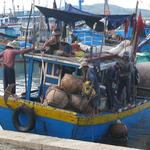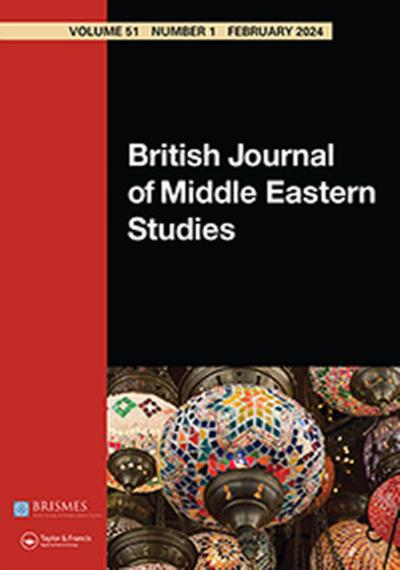Relational resource geographies of beche‐de‐mer under moratorium
Moratorium is a common marine resource management strategy used by nation-states that abruptly reclassifies the harvesting and trade of designated resources as ‘illegal’ for a defined period. Nation-states use moratoria to help ecological stocks of overharvested marine species to recover. The Fijian state instituted a moratorium on the harvest and trade of beche-de-mer between 2017 and 2022 due to evidence of overfishing. Through ethnographic fieldwork with Fijian beche-de-mer fishers, traders and exporters, I examine how the moratorium affected relational trade flows of beche-de-mer. In precolonial Fiji, marine resources flowed through historically established regional socio-cultural pathways. During the colonial period, Chinese migrants in Fiji occupied a unique relational positionality to indigenous (itaukei) communities, which allowed them bridge domestic and international resource markets. Through my ethnographic fieldwork, I detail how beche-de-mer continued to be traded during and post moratorium within such a relational resource geography. I argue that the relational ties between itaukei communities and Chinese-Fijian buyers that subsequently connect to international markets undermined the moratorium restrictions, as well as the new conditionalities of trade after the moratorium was lifted. Such relationality in the marine resource trade renders moratoria an ineffective marine resource management strategy as it is inattentive to Pacific context.
https://doi.org/10.1111/apv.12389




